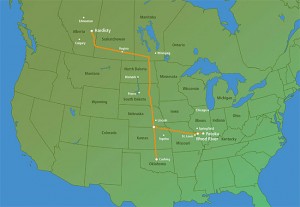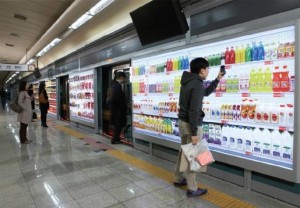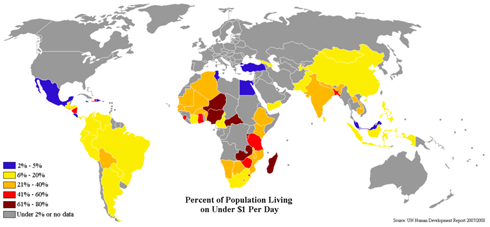The Keystone Pipeline System transports Canadian crude oil for processing in the States. In 2010, these pipelines were created to link Canadian oil exports to Mid U.S. This system was planned to further expand to the Nebraska Sandhills, but has recently been postponed by the U.S. government because of safety concerns.
This move by the U.S. government has raised a key question: why not refine the oil on Canadian soil instead?
I have thought about some of the qualitative aspects of each option.
Pros:
Increased employment. A million new jobs to be created within two decades.
Increased safety. Refined oil is safer to transport than unrefined oil.
Decreased dependency on the U.S.
Cons:
A multi-billion dollar project that will take several years to complete.
Canada doesn’t need to produce too much oil. The oil market is an oligopoly; there is already an established market price that consumers pay for because of high supplier power.
It just goes to show that a conclusion cannot be reached easily. Anyhow, look forward to the day before New Year’s, for the U.S. government is to give its final recommendation about whether or not to allow the expansion.
Word count: 192










